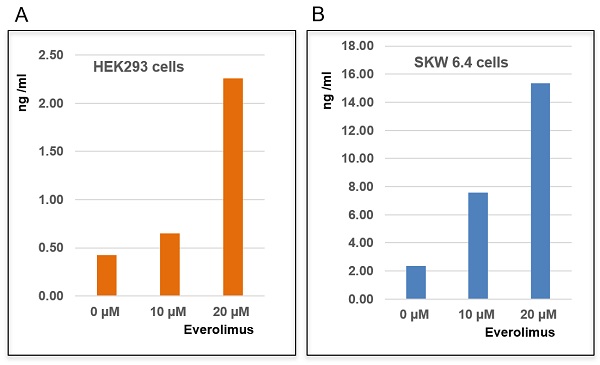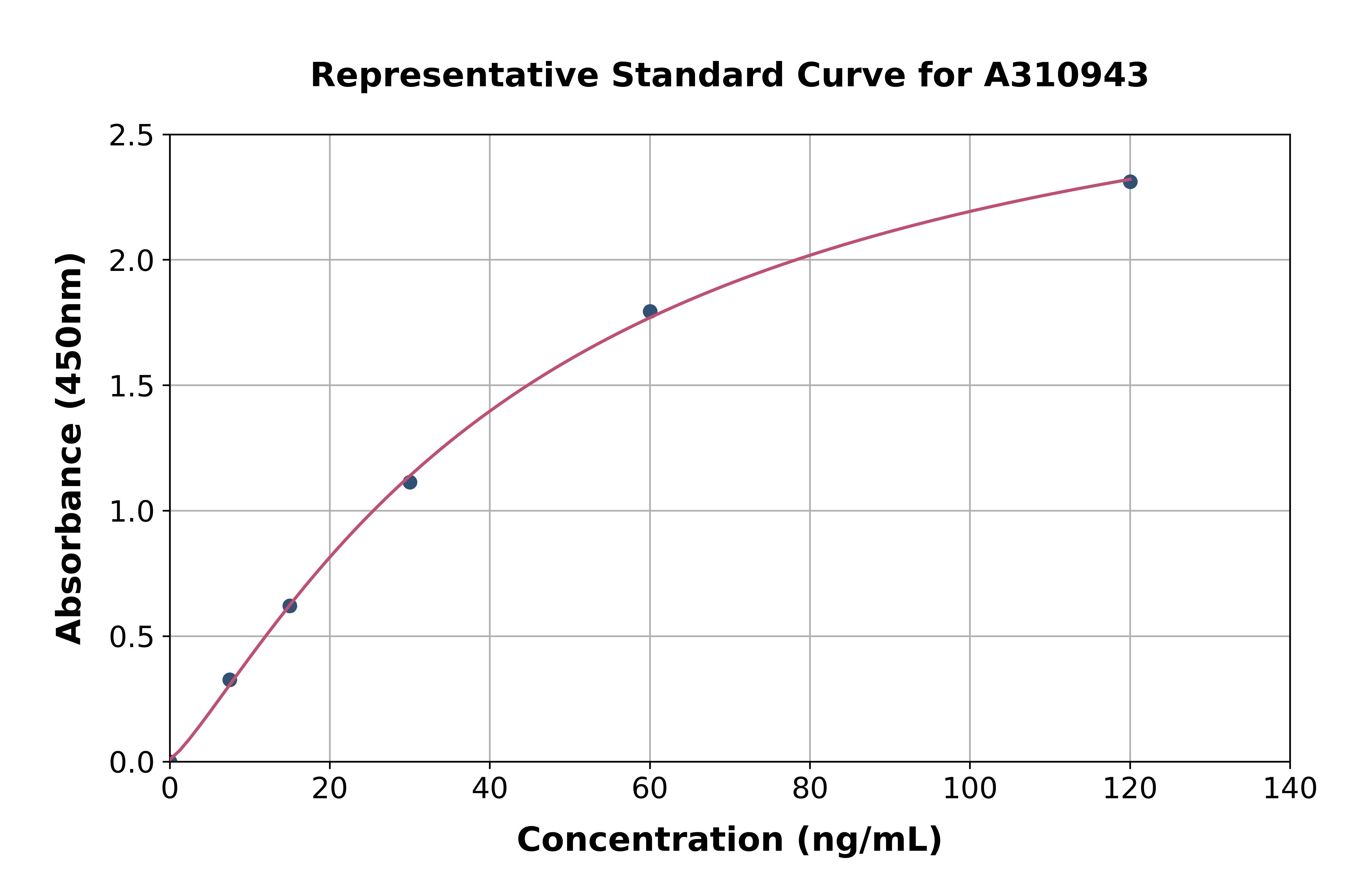
Acyl-CoA-binding Protein (human) ELISA Kit
AG-45B-0019
ReactivityHuman
Product group Assays
Overview
- SupplierAdipoGen Life Sciences
- Product NameAcyl-CoA-binding Protein (human) ELISA Kit
- Delivery Days Customer10
- ApplicationsELISA
- Assay Detection Range0.03125 to 2ng/ml
- Assay Sensitivity30pg/ml
- CertificationResearch Use Only
- Protein IDQ9BYF1
- Protein NameAngiotensin-converting enzyme 2
- Scientific DescriptionAcyl-coenzyme A (CoA)-binding protein (ACBP) is an ubiquitously expressed 86 aa polypeptide that binds medium- and long-chain acyl-CoA esters with very high affinity. It plays a role as an intracellular carrier of acyl-CoA esters and regulates lipid metabolism in the cytoplasm of most cell types. In addition to its function within the cells as acyl-coenzyme A (CoA)-binding protein, ACBP also functions as secreted protein called Diazepam-Binding Inhibitor (DBI) that can interact with the benzodiazepine-binding site of the gamma-aminobutyric acid (GABA) type A receptor, GABAAR, and modulate its activity. ACBP is secreted upon induction of autophagy (energy deficiency) in different organisms including mouse and human. ACBP levels correlate with human body mass index (BMI). Increasing ACBP levels in mice triggers lipogenesis, food intake and weight gain and neutralization of ACBP increases lipolysis, reduces food intake post-starvation and causes weight loss in mice. Obese patients exhibit elevated plasma levels of ACBP, while a reduction in the ACBP mRNA and ACBP plasma protein levels is observed in these patients after an important weight loss. ACBP might be useful for the prevention or treatment of obesity and metabolic syndrome diseases. - Colorimetric Sandwich ELISA Assay. Detects human ACBP in serum, plasma and cell culture supernatant. Range: 0.03125 to 2ng/ml. Sensitivity: 26pg/ml. Acyl-coenzyme A (CoA)-binding protein (ACBP) is an ubiquitously expressed 86 aa polypeptide that binds medium- and long-chain acyl-CoA esters with very high affinity. It plays a role as an intracellular carrier of acyl-CoA esters and regulates lipid metabolism in the cytoplasm of most cell types. In addition to its function within the cells as acyl-coenzyme A (CoA)-binding protein, ACBP also functions as secreted protein called Diazepam-Binding Inhibitor (DBI) that can interact with the benzodiazepine-binding site of the gamma-aminobutyric acid (GABA) type A receptor, GABAAR, and modulate its activity. ACBP is secreted upon induction of autophagy (energy deficiency) in different organisms including mouse and human. ACBP levels correlate with human body mass index (BMI). Increasing ACBP levels in mice triggers lipogenesis, food intake and weight gain and neutralization of ACBP increases lipolysis, reduces food intake post-starvation and causes weight loss in mice. Obese patients exhibit elevated plasma levels of ACBP, while a reduction in the ACBP mRNA and ACBP plasma protein levels is observed in these patients after an important weight loss. ACBP might be useful for the prevention or treatment of obesity and metabolic syndrome diseases.
- ReactivityHuman
- Storage Instruction2°C to 8°C
- UNSPSC41116100
- SpeciesHuman



